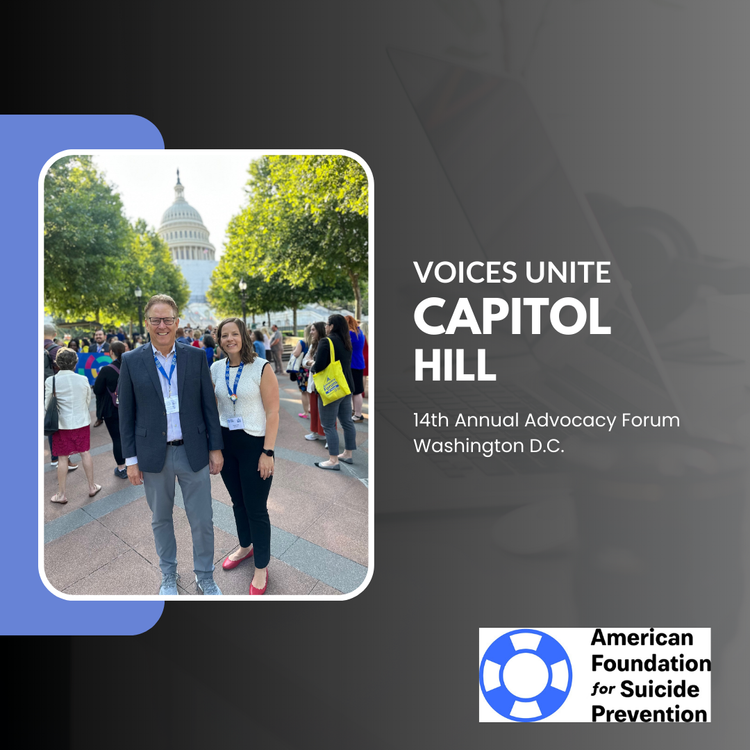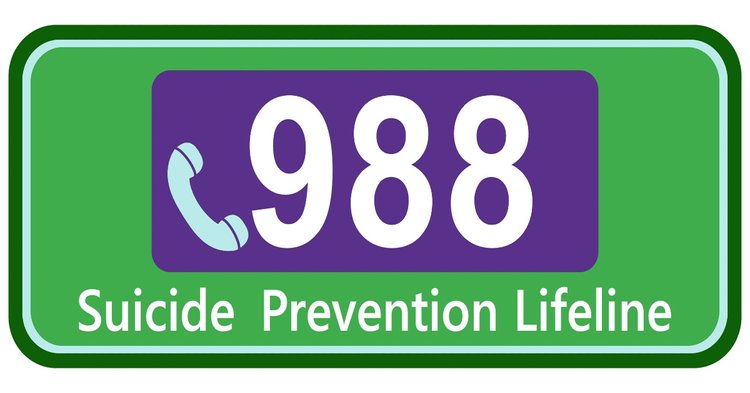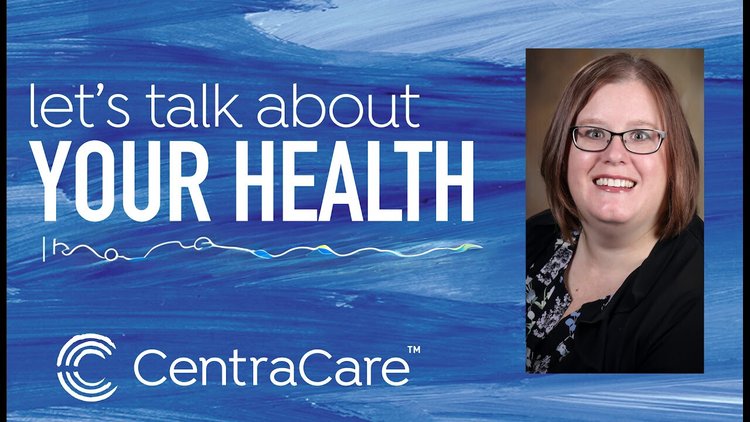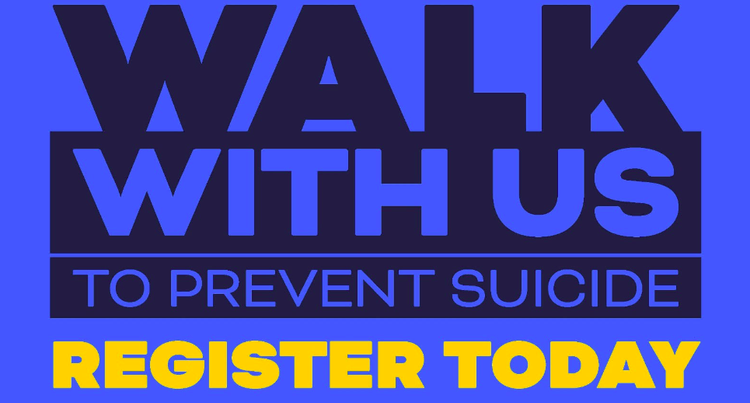July 2023 News!
Greetings to you all—
May this newsletter find you in good health and good peace as we mark another summer month of advocacy, awareness, and joint efforts aimed at suicide prevention and mental health resources. June was chock-full of events that we are always grateful to be part of, though we never “wanted” to be part of this particular community.
That’s the thing with grief and loss—we must choose to move forward with intention to honor the lives and legacies of those we’ve lost with the hope that somehow, we’re making a difference in the lives of others. We feel fortunate to share this journey with you all and know we are making a difference with your support.
With gratitude,
Reyne & Scott Roeder

AFSP’s Annual Advocacy Forum
Scott Takes to Washington D.C.
June was a busy month for advocacy and joining nationwide efforts on behalf of suicide prevention. Scott joined Angela Nolz, a Behavioral Health Specialist from Sanford Health in Luverne, MN to attend the American Foundation for Suicide Prevention’s 14th annual Advocacy Forum in Washington D.C.
Over 200 Volunteer Advocates from across the country encouraged legislators to prioritize suicide prevention and mental health policies that can save lives. As AFSP advocates, Scott and Angela learned about AFSP’s public policy priorities, met with congressional offices to share their personal stories, and championed legislation supporting suicide prevention and mental health.
Learn more about suicide prevention advocacy here.

Status Report: One Year of 988
By Olivia Stevens, MPR
Minnesota joined the nation in introducing the phone number 988 as a mental health crisis hotline one year ago, localizing and easing access to the service that was before only reachable at 1-800-273-TALK (8255).
While the longer number still functions, call center operators said state support for raising awareness of the shorter line contributed to an increase in engagement over the past year. According to most recent data from the Minnesota Department of Health, or MDH, the month of May saw a 74 percent increase in calls statewide compared to the year before.
Carolina De Los Rios is senior program officer of mental health and suicide prevention at Greater Twin Cities United Way, which operates the call center that serves fourteen counties around the Twin Cities metro. She said she began to notice call increases in the region after efforts began to promote the shortened hotline.
“The main change with the transition to become a 988 center is there was the visibility and the accessibility,” De Los Rios said. “People will remember this and will pass it along easier than what used to be a 1-800 number.”
According to data from the National Academy of State Health Policy, Minnesota is one of 26 states that have passed legislation preparing funding for implementation of 988. Most in-state calls are now routed to one of four centers operated by different organizations regionally rather than anywhere nationwide.
De Los Rios said keeping calls local means operators are often more equipped to connect callers to nearby mental health resources and personally relate to them on the phone.
“Building that trust or rapport with the callers is crucial,” De Los Rios said. “If you’re from the community and you know the struggles, that translates into better rapport and more ability to de-escalate a crisis.”
But De Los Rios said understanding how call increases impact the state suicide rate is difficult. MDH data is only available up to the end of 2022, showing a steady increase in suicides since 2001. At least 835 people died by suicide in 2022, a 68 percent increase from two decades prior.
She added call centers are working to learn the impacts of using the mental health crisis line on callers’ mental health by asking optional questions about their experience with the service and providing an opportunity for the call centers to follow up with them. But due to the sensitivity of those interactions, asking for caller feedback is not a top priority.
“Some of them don’t want to talk any more about what was going on in that first interaction because they feel that the crisis is over,” De Los Rios said. “They don’t just don’t want to be in that space anymore.”
While 988 was introduced as a hotline in Minnesota last July, text support wasn’t provided by in-state operators until April of this year.
Ashley Ladbury-Hrichena of FirstLink, a call and text center that serves the northwestern corner of the state, said text services act as an alternative communication tool for those who feel less comfortable talking on the phone.
However, she added the text line put more pressure on call centers, which have struggled with hiring enough operators to meet the demand coming out of the COVID-19 pandemic. She said while FirstLink is now above minimum staffing levels, providing text support adds an extra strain on resources.
“They are longer conversations or longer interactions than phone calls. So, you know, if we only have minimum people and we’re taking somebody off for an hour to chat or text, that’s one person that would’ve been taking the remainder of the calls,” Ladbury-Hrichena said.
Still, calling 988 for mental health support remains more popular than texting. According to the MDH, operators respond to about 3,600 calls and 970 texts per month.
Online chat, which is the least commonly used platform, is also available at 988lifeline.org/chat/.
But even when staffing is unstable, no one will be left hanging, Ladbury-Hrichena said. National backup centers are in place to continue supporting anyone who reaches out for help.
De Los Rios added her team hopes to receive additional funding to continue bolstering staff.
The state Legislature signed off on a telecom fee for 988 last session that further draws similarities to 911’s functioning. An extra 25 cents will be tacked on to monthly phone bills to help keep 988 calls in-state. The surcharge for 911 services varies nationwide.
According to De Los Rios, boosting collaboration between 988 and 911 services could create a smoother system for all of Minnesota.
“One of the focuses for all of us here is to be able to get to that level of very uniform approach to emergencies for callers and to collaborate,” De Los Rios said. “We reach out to 911 quite often depending on what the situation is, and the idea is that in the future it could also be the case for 911 to reach out to us if they are able to identify that we will be able to respond to that need in a more appropriate way.”
The 988 line is open to offer mental health crisis support 24 hours a day, seven days a week, year-round. More information is available on the MDH website.

Suicide Prevention Superhero: Meet Lisa Bershok
Lisa Bershok is a clinical social worker who has focused on suicide prevention as a specialty area for six years both as a suicide prevention coordinator for St. Cloud Veterans Affairs and in her current role as the suicide prevention program manager for CentraCare. She received her master's in social work in 2010 from the University of Denver.
Lisa, who has been named co-chair of the Minnesota State Suicide Prevention Task Force, has focused on working with clients who experience severe and persistent mental illness, substance use, trauma experiences, and suicidal thinking and behavior. Lisa has worked in group home and residential settings, along with community-based work, traditional office-based therapy, and crisis management.
She has experience in leading organizational strategic planning around suicide prevention activities, being a co-leader of a local suicide prevention coalition, and serving on the Board for the Continuum of Care (CoC) MN Central Region, which focuses on a community strategic plan to coordinate and deliver housing services to reduce homelessness. She has been a member of the State Suicide Prevention Taskforce since starting her position at CentraCare in 2019.
Lisa is passionate about suicide prevention. She has been a part of people’s journeys through some of their most difficult times and seen the power of hope and connection as they move through their suicidal thinking and behavior towards a place of healing.
She has supported suicide loss survivors during their grief and healing journey. She has lost people she cared about to suicide, and supported family and friends as they have lost people to suicide. She has worried about friends and family, and clients alike when they are at their lowest. She has also seen how more strategically aligned organizational and community support has saved lives.
She is passionate about suicide prevention because she truly believes that we can optimize our resources and connections to move the Minnesota Suicide Prevention State Plan forward with a result being less people who have suicidal experiences.
Lisa has been excited about the changes the Minnesota Suicide Prevention Taskforce has seen over the last few years moving into an action stage. With the completion of the updates to the State Suicide Prevention Plan, the next two years will be critical in putting the plan into place. It will require the leaders to network with communities and engage our own taskforce members in continuing to move projects forward.
She has three big hopes and dreams for the taskforce over the next two years:
1) When she talks to people in two years' time, everyone knows about 988 and how it can help them or a friend/family member;
2) People see themselves in this work across our state and our many diverse communities;
3) We drive innovation across this country in suicide prevention work.

Reminder: AFSP Out of the Darkness Walk St. Cloud 10/7
We are currently recruiting a team to honor Jackson at the St. Cloud Out of the Darkness Walk on October 7th at Lake George.
The event is sponsored by the American Foundation for Suicide Prevention and would love for you to join us. Select ‘Team Jackson’ upon registering. If you are unable to join us in person but are interested in supporting our efforts, select Walk Virtually, and donations can be made directly to Team Jackson.
To register for the St. Cloud walk, visit the AFSP site here.
Resources & Can't-Miss:
Matt Orth Memorial Golf Tournament
Charity event supporting CentraCare Suicide Prevention Program in honor of Matt’s older brother, Travis who died by suicide in 2019. Saturday, 8/5 at Wapicada Golf Club in Sauk Rapids. Register now!
Minnesota’s 2023 Legislative Session Recap
Zoom event from NAMI featuring a comprehensive recap of everything that happened in Minnesota’s 2023 Legislative Session related to mental health. Learn about new laws that passed, what remains on the agenda for 2024, and how you can be involved in building Minnesota’s mental health system.
Summertime by George—July 19
Event from Central Minnesota Suicide Prevention Coalition at Summertime by George in downtown St. Cloud. Visit the interactive booth this week to meet the faces behind suicide prevention in your community!
At-Risk: Adolescent Girls + Mental Health
Article from The New York Times highlighting the alarming increase in female adolescent ER visits due to mental health crises, as perpetuated by the COVID-19 pandemic.
National Suicide & Crisis Lifeline
Call or text 988.
